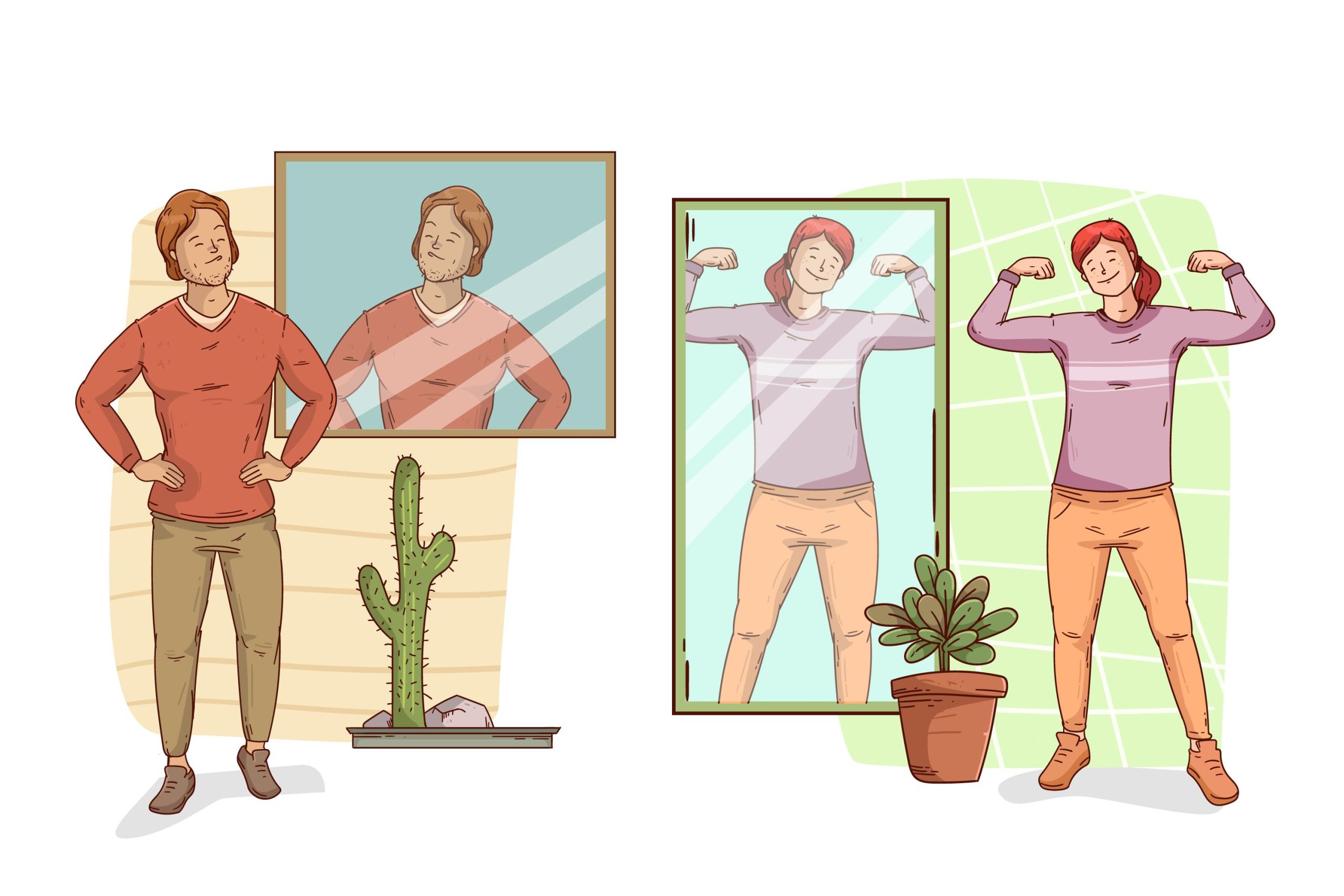In an era dominated by social media and constant exposure to idealized images of beauty, cultivating a positive body image can be challenging. Body image is the perception that a person has of their physical self and the thoughts and feelings that result from that perception. A positive body image is crucial for mental health, self-esteem, and overall well-being. Among various behaviors and practices, certain ones stand out for their powerful influence on fostering a positive view of one’s body. This article explores the behavior that is most likely to contribute to a healthy and positive body image, emphasizing the importance of self-compassion, realistic representations, and mindful consumption of media.
Cultivating Self-Compassion and Kindness
At the heart of a positive body image lies the practice of self-compassion and kindness. Treating oneself with the same kindness and understanding as one would a friend is a powerful behavior that can transform self-perception. Self-compassion involves recognizing that imperfection is part of the human experience and that self-worth is not contingent on meeting unrealistic standards of beauty. By fostering an attitude of self-compassion, individuals can learn to appreciate their bodies for their functionality and uniqueness, rather than critiquing their appearance against unattainable ideals.
Embracing Diversity in Beauty
One behavior that has a significant positive impact on body image is the active celebration and acceptance of diversity in human bodies. This includes recognizing and valuing the wide range of body shapes, sizes, colors, and abilities that exist. By challenging the narrow definitions of beauty that are often promoted in media and society, individuals can develop a more inclusive and flexible perception of beauty. Celebrating diversity helps to normalize all body types and encourages a more accepting and positive relationship with one’s own body.
Mindful Consumption of Media
In a culture saturated with images of idealized bodies, mindful consumption of media stands out as a behavior with a positive influence on body image. This involves being selective about the media one engages with and critically analyzing the messages conveyed about beauty and body standards. Seeking out and supporting media that portrays realistic and diverse body types can reinforce positive perceptions and reduce feelings of inadequacy or body dissatisfaction. Additionally, limiting exposure to media that perpetuates harmful stereotypes or unrealistic beauty standards can protect one’s body image from negative influences.
Engaging in Physical Activity for Enjoyment
Engaging in physical activity for the sheer joy of movement, rather than as a means to alter one’s body, can have a profound positive effect on body image. Exercise can enhance mood, boost self-esteem, and promote appreciation for the body’s capabilities. When physical activity is approached from a place of self-care and enjoyment, rather than obligation or punishment, it encourages a healthier relationship with the body. This behavior shifts the focus from appearance to functionality and well-being, fostering a more positive body image.
Practicing Gratitude for Your Body
Finally, the behavior of practicing gratitude for one’s body and its abilities is instrumental in promoting a positive body image. Regularly acknowledging and expressing gratitude for what the body allows one to do—whether that’s walking, hugging a loved one, or engaging in a favorite hobby—can shift the focus from how the body looks to what it can achieve. This perspective cultivates a sense of respect and appreciation for the body, countering negative self-talk and body dissatisfaction.
Nurturing a Positive Body Image
The journey to a positive body image is personal and ongoing, but certain behaviors can significantly enhance one’s self-perception and well-being. By practicing self-compassion, embracing diversity, consuming media mindfully, enjoying physical activity, and expressing gratitude for the body, individuals can foster a healthier and more positive relationship with their bodies. These behaviors not only influence body image but also contribute to overall happiness and life satisfaction, underscoring the importance of cultivating a loving and accepting view of oneself.
